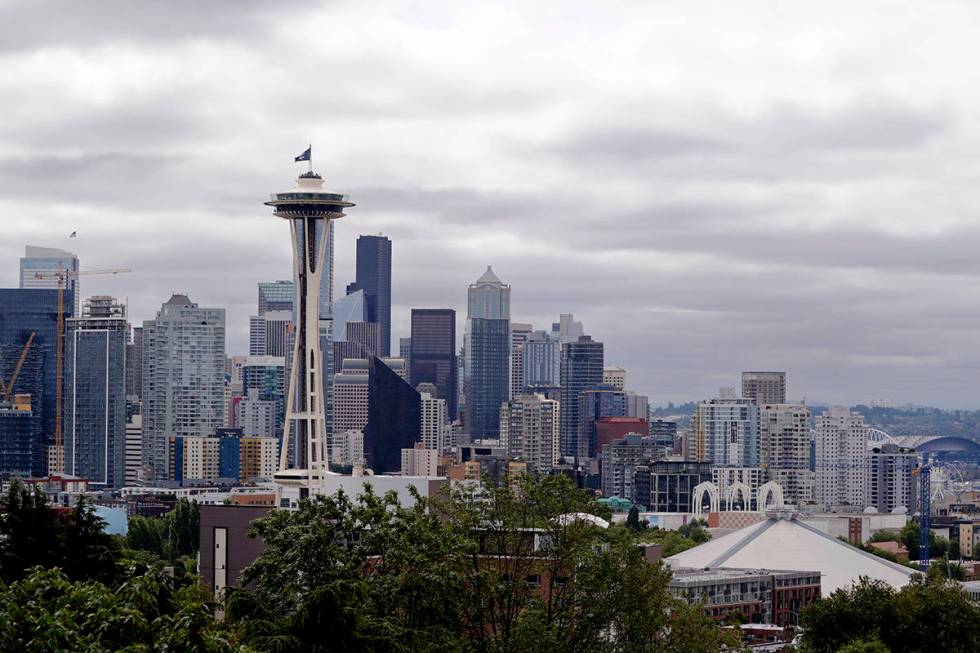EDITORIAL: Seattle punishes companies for paying well

Seattle is doing a great job of showing the country how not to help businesses recover from the coronavirus epidemic.
On Monday, the Seattle City Council voted to impose a new tax on companies with payrolls of $7 million or more. The new levy is a 0.7 percent to 2.4 percent payroll tax on employees making over $150,000 a year. The highest tax rate will apply to employees making over $400,000 at companies with payrolls over $1 billion. That category includes Amazon. The scheme is estimated to generate over $200 million annually.
The plan comes two years after the Seattle City Council unanimously passed a head tax aimed at companies like Amazon and Starbucks. That plan would have raised around $47 million by imposing a $275 fee on businesses for each full-time worker. After Amazon and other companies began work on a referendum, the City Council reversed course and repealed the tax.
Now, the far-left council has passed a tax that’s four times bigger in the midst of an unprecedented global pandemic. For good measure, Seattle Mayor Jenny Durkan allowed rioters to take over parts of the city last month, forming the so-called Capitol Hill Autonomous Zone. She order police to clear the area after a teenager was fatally shot. That wasn’t the only shooting. There was also an allegation of sexual assault. Earlier this week, a band of looters roamed the streets, breaking windows, stealing merchandise and starting fires.
Businesses should be receiving a refund from Seattle’s inept and feckless political leaders. Instead, they’re being penalized for paying their employees well.
It’s worth noting the disconnect in progressives’ reasoning. In 2014, Seattle passed a law raising the minimum wage to $15 by next year. The government must raise the minimum wage, the logic goes, to force greedy companies to pay their employees a “living” wage. Just a few years later, the same people are demanding that government punish businesses for the crime of paying some of their employees well.
If this was about logic, the contradiction would be clear. Wages aren’t a function of a business’s greed or charity. They’re a reflection of the economic worth an employee brings to a company.
Amazon, at least, has taken the hint. In June, it announced it would lease 111,000 square feet of office space in Redmond, which is 15 miles away. It’s also building a 43-story tower in nearby Bellevue.
All Seattle has done is make it more expensive to employ high-skill workers. That’s an odd economic development strategy.